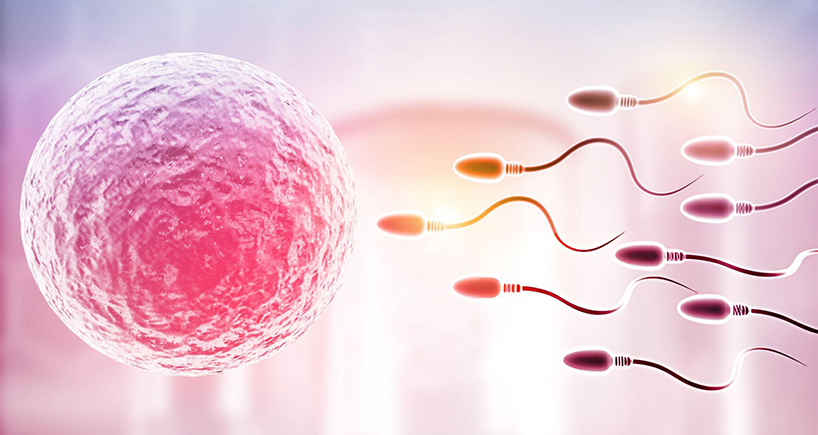
When couples turn to In Vitro Fertilization (IVF) to achieve their dream of parenthood, they often hear about the importance of egg quality. But why does egg quality matter so much in IVF? At Shishu IVF Fertility, we ensure that every patient receives the best possible outcomes by using the latest advancements in reproductive technology. In this blog, we will break down why egg quality is crucial, how it affects IVF success, and what can be done to improve it.
Egg quality refers to the ability of an egg to be fertilized and develop into a healthy embryo, leading to a successful pregnancy. High-quality eggs contain the right number of chromosomes and have strong energy reserves to support early embryonic development. Poor-quality eggs, on the other hand, may have chromosomal abnormalities, leading to implantation failure, miscarriage, or genetic disorders.
During IVF, eggs are retrieved from the ovaries and fertilized in a controlled lab setting. However, if the eggs are of poor quality, even the most advanced techniques cannot guarantee success. Here’s why:
Several factors influence egg quality, including
While some factors like age are beyond control, there are ways to improve and maintain egg quality:
At Shishu IVF Fertility, we understand the crucial role egg quality plays in IVF success. Our team of experts follows the latest scientific protocols to maximize success rates. We use:
Egg quality is one of the most critical factors influencing IVF success. While some aspects of fertility decline naturally with age, lifestyle changes, medical advancements, and expert intervention can significantly improve the chances of a healthy pregnancy. At Shishu IVF Fertility, we are committed to providing our patients with the highest standard of care, using the latest protocols and technologies to ensure the best possible outcomes. If you're considering IVF, our team is here to guide you every step of the way.
Free First Consultation and Scan | Free First Consultation and Scan | Free First Consultation and Scan | Free First Consultation and Scan